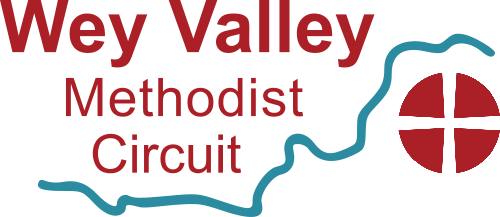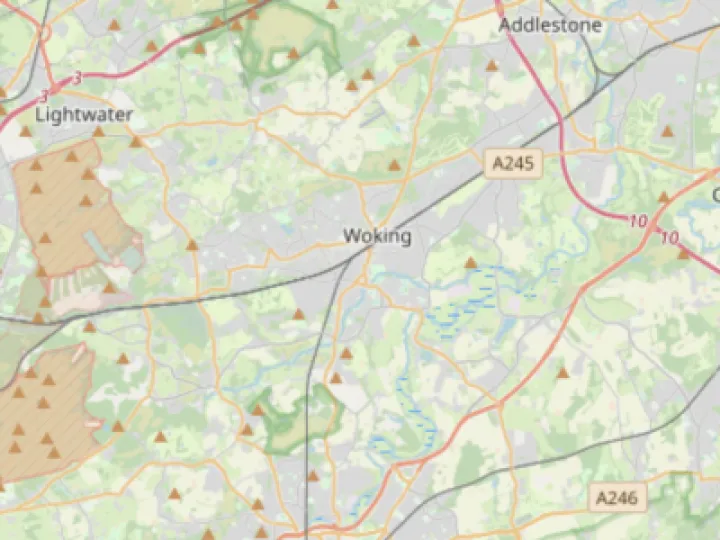A personal message from the President of the Methodist Conference, the Revd Dr Barbara Glasson
It is with outrage and deep sorrow that we have witnessed the recent brutal killing of George Floyd in the United States.
But outrage and sorrow are not a sufficient response to racism and inequality in society. How to begin a process of change? It starts with self-examination and listening to the people whose lives are affected by discrimination and hate.
This week I received these words from a Methodist living in south London:
"The young people whom I have worked with for over the last 15 years have felt the impact of racism in every institution they have been part of from schools, to university, to various work places, and other than local support and informal church networks they have not found the Methodist Church as a place that speaks up for them."
As your President, I start by saying I am sorry. Sorry for being silent when we should have spoken out against the everyday injustices that affect BAME communities. I am sorry that, despite our efforts, we have not done enough for those who feel excluded and we need to do better. We know this includes people of all ages from the Windrush generation to the very young. I am sorry when we have not listened carefully enough and not challenged the assumptions of white privilege and bias.
Repentance can lead us to change, to embody a gracious, loving spirit of inclusion and understanding. There is no excuse for racism. All people are made in God's image. We are one body in Christ Jesus.
I hope we can listen more carefully to the voices of BAME members, especially younger people, who face racism, discrimination and violence on a daily basis. Then our Church must be brave, speak out, speak up and challenge racism wherever we find it, especially when we find it in ourselves.
I have been in contact with the Vice-President who joins me in supporting this statement.
The Revd Dr Barbara Glasson, President of the Methodist Conference


